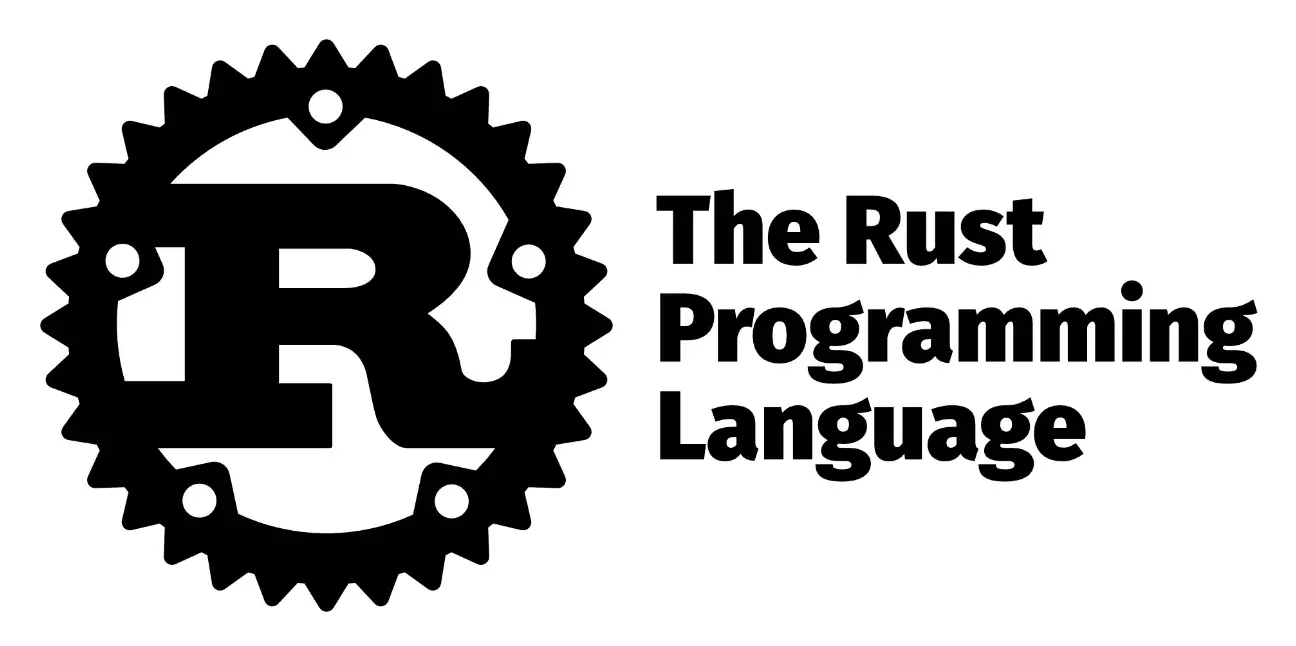
A critical vulnerability in the Rust standard library has been uncovered, exposing Windows-based systems to the risk of arbitrary code execution. The flaw, tracked as CVE-2024-24576, could potentially be exploited by attackers to gain unauthorized control of a system.

The Problem
The issue lies in how the Rust standard library handles arguments passed to the Windows Command API for invoking batch files (.bat and .cmd extensions). A flaw in the library’s escaping mechanism leaves the door open for a skilled attacker to inject malicious shell commands, potentially bypassing security measures and wreaking havoc.
Scoring a maximum of 10 on the Common Vulnerability Scoring System (CVSS), CVE-2024-24576 presents a formidable challenge to developers and cybersecurity professionals alike.
Affected Systems
This vulnerability is uniquely problematic on Windows due to its singular approach to handling command arguments. Unlike other platforms that treat arguments as an array, Windows amalgamates them into a single string, delegating the responsibility of argument separation to the receiving process. This design nuance introduces complexity, particularly with cmd.exe – the default handler for batch files – which employs its custom logic for argument splitting.
This vulnerability poses a serious risk to Rust developers who build applications that invoke batch files on Windows systems, especially applications that process untrusted user input. Developers working exclusively on other platforms (Linux, MacOS) are not affected.
Severity and Impact
The Rust Security Response WG has categorized this vulnerability as critical due to the potential for severe consequences. Successful exploitation could allow attackers to:
- Run arbitrary code on the vulnerable machine
- Install malware
- Steal sensitive data
- Launch further attacks on the network
The Fix
The good news is that a patch will be included in the upcoming Rust 1.77.2 release. This update introduces more robust escaping and adds an error mechanism to prevent the passing of unsafe arguments to batch files.
Recommendations
- Update Immediately: Windows-based Rust developers are urged to update to Rust version 1.77.2 as soon as it becomes available.
- Review Code: If your applications invoke Windows batch files, carefully audit your code to ensure you are not directly constructing and passing untrusted input as arguments.
- Input Sanitization: Always practice robust input sanitization to minimize the risk of injection attacks, even with the patched Rust version.